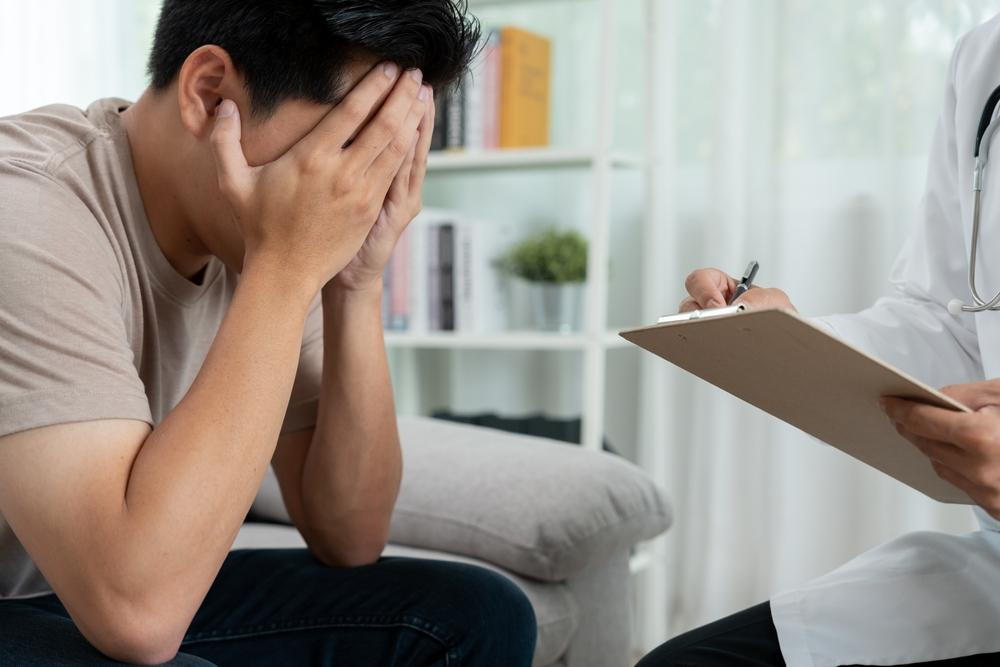
Living with bipolar disorder can be challenging, as individuals navigate through periods of intense highs and lows. Fortunately, there are various treatment options available that can help manage symptoms and improve overall quality of life. It's important to note that treatment plans may vary from person to person, and what works for one individual may not be as effective for another. In consultation with mental health professionals, individuals with bipolar disorder can explore different approaches to find the most suitable treatment for their unique needs.
Medication Management
One of the primary avenues for treating bipolar disorder involves medication management. Mood stabilizers, antipsychotics, and antidepressants are commonly prescribed to help regulate mood swings, manage manic or depressive episodes, and alleviate associated symptoms. Lithium, in particular, is a widely used mood stabilizer known for its effectiveness in preventing both manic and depressive episodes. However, finding the right medication and dosage often requires a collaborative effort between the individual and their mental health care provider to balance symptom relief and potential side effects.
Psychotherapy and Counseling
Psychotherapy, or talk therapy, is an essential component of bipolar disorder treatment. Cognitive-behavioral therapy (CBT) and dialectical behavior therapy (DBT) are two evidence-based approaches that can assist individuals in recognizing and modifying thought patterns, behaviors, and emotional responses associated with bipolar disorder. Counseling sessions provide a safe space for individuals to explore and address underlying issues contributing to mood swings, helping them develop coping strategies and resilience. Family-focused therapy can also involve loved ones in the treatment process, fostering better understanding and support.
Lifestyle Changes and Routine Building
Adopting healthy lifestyle habits and establishing a consistent daily routine can significantly impact the management of bipolar disorder. Regular exercise, sufficient sleep, and a balanced diet contribute to overall well-being and stability. Maintaining a predictable daily schedule can help stabilize mood fluctuations and create a sense of control. Additionally, minimizing stressors, such as through relaxation techniques like meditation and mindfulness, can be beneficial in preventing triggers that may exacerbate bipolar symptoms.
Mindfulness-Based Interventions:
Integrating mindfulness-based interventions, such as mindfulness meditation and mindfulness-based cognitive therapy (MBCT), into the treatment plan can be beneficial for individuals with bipolar disorder. Mindfulness practices focus on cultivating present-moment awareness and acceptance, helping individuals develop skills to manage stress and regulate emotions. Research suggests that mindfulness-based approaches can contribute to improved emotional regulation, decreased depressive symptoms, and enhanced overall well-being for individuals with bipolar disorder.
Peer Support and Group Therapy
Connecting with others who share similar experiences can be a valuable aspect of bipolar disorder treatment. Peer support groups and group therapy sessions provide a platform for individuals to share their challenges, successes, and coping strategies in a supportive environment. Engaging with peers who understand the nuances of bipolar disorder can reduce feelings of isolation, offer practical insights, and foster a sense of community. Building a support network is crucial for long-term recovery and maintaining mental health.
Navigating the complexities of bipolar disorder requires a comprehensive and individualized approach. Individuals can work with their mental health care providers to tailor a plan that addresses their unique needs, ultimately promoting stability and a higher quality of life.
